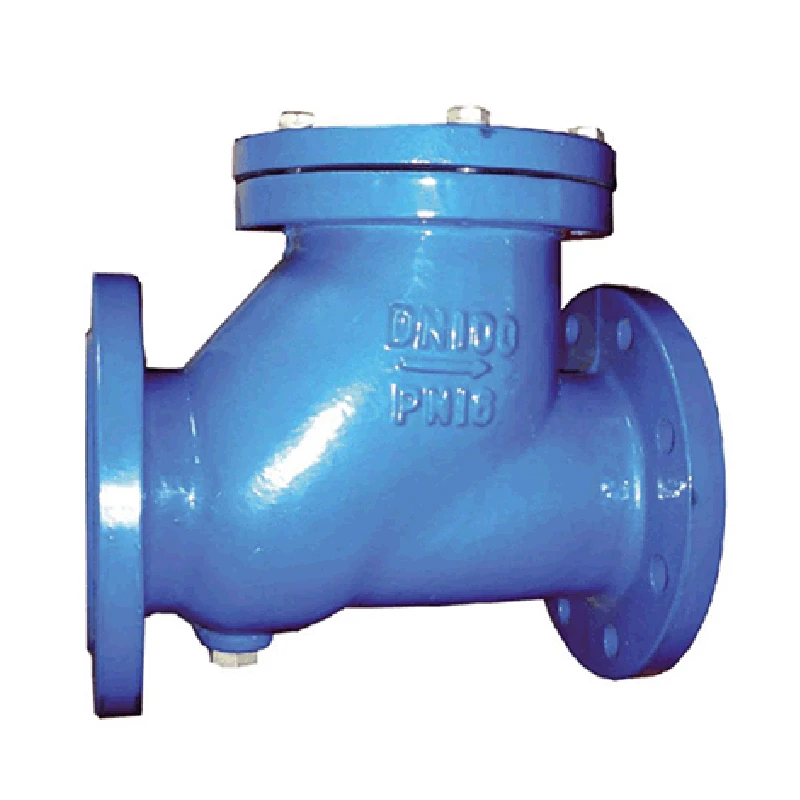Nov . 12, 2024 11:34 Back to list
control valve
Understanding Control Valves An Essential Element in Fluid Control Systems
Control valves are critical components in various industrial processes where the regulation of flow, pressure, and temperature is essential. These devices serve as the orchestrators in fluid control systems, ensuring optimal performance and efficiency in diverse applications ranging from water treatment plants to oil refineries.
What is a Control Valve?
A control valve is a mechanical device that modulates the flow of fluids through pipes. It adjusts the size of the flow passage as directed by a control signal from a control system. Essentially, control valves act as barriers that can either open or close to allow or restrict the flow of a fluid. The adjustments made by the valve significantly impact downstream processes, making it crucial to select the appropriate valve configuration for specific applications.
Types of Control Valves
There are several types of control valves, each designed for different applications
1. Globe Valves Known for their excellent throttling capabilities, globe valves are often used in applications where fine control of flow is necessary. Their design allows for smooth operation and is effective for both flow regulation and isolation.
2. Ball Valves Featuring a spherical ball with a hole through it, ball valves provide rapid opening and closing capabilities. They are used in applications requiring quick shut-off or full flow as they allow for minimal pressure drop when fully open.
3. Butterfly Valves These valves consist of a rotating disk that can either block or allow flow. They are compact and lightweight, making them suitable for large volumes of fluid where space is a constraint.
4. diaphragm valves Using a flexible diaphragm to control flow, these valves are commonly employed in applications requiring sterile conditions, such as food and pharmaceutical industries, due to their capacity to minimize contamination.
control valve

5. Check Valves Although not a control valve in the strictest sense, check valves play a vital role in ensuring that fluid flows in one direction only, preventing backflow and protecting equipment from damage.
How Control Valves Work
Control valves operate in tandem with controllers that send signals to either open or close the valve based on feedback from the system. This feedback may be derived from various sensors monitoring factors such as pressure, temperature, and flow rate.
A typical control loop involves a sensor measuring a process variable, such as flow rate. The sensor sends this data to a controller, which compares it with the desired setpoint. If there is a discrepancy, the controller sends a signal to the control valve to adjust its position accordingly—either opening or closing to achieve the desired flow characteristics. This continuous feedback loop ensures the system remains stable and operates at optimal conditions.
Importance of Control Valves
Control valves play a pivotal role in enhancing efficiency, safety, and performance in various industries. They minimize energy consumption by allowing processes to operate at their ideal settings. By maintaining desired flow rates and pressures, control valves help in reducing wear and tear on equipment, thus extending the lifespan of machinery and reducing maintenance costs.
Moreover, control valves are instrumental in ensuring safety within industrial processes. By controlling the pressure and flow, they help prevent hazardous situations such as overpressure conditions that could lead to equipment failure or explosions. Regular maintenance and proper valve selection are crucial to ensuring that control valves function correctly and safely.
Conclusion
In summary, control valves are indispensable components of modern fluid control systems. Their ability to regulate flow and pressure makes them critical in ensuring processes operate efficiently and safely. With various types available, selecting the right control valve for a specific application is essential in achieving optimal performance. As industries continue to advance, the importance of reliable and efficient control valves will undoubtedly grow, solidifying their role as key elements in fluid management and control solutions. Whether in power generation, water treatment, or chemical processing, understanding and properly utilizing control valves can lead to significant improvements in operational efficiency and safety.
Share
-
Reliable Wafer Type Butterfly Valves for Every IndustryNewsJul.25,2025
-
Reliable Flow Control Begins with the Right Ball Check ValveNewsJul.25,2025
-
Precision Flow Control Starts with Quality ValvesNewsJul.25,2025
-
Industrial Flow Control ReliabilityNewsJul.25,2025
-
Engineered for Efficiency Gate Valves That Power Industrial PerformanceNewsJul.25,2025
-
Empowering Infrastructure Through Quality ManufacturingNewsJul.25,2025